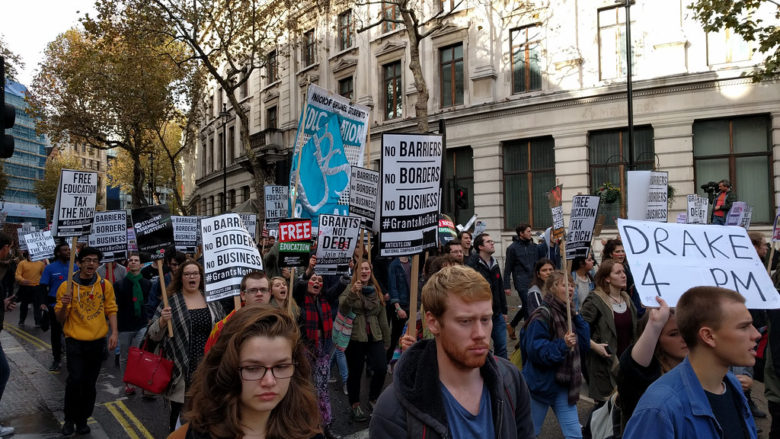April 10, 2023
The Honorable Mike Fong
Chair of the Committee on Higher Education
1020 N Street, Room 173
Sacramento, CA 95814
RE: AB-263 – Support
Dear Chair Fong,
The Council of UC Faculty Associations represent tenured and tenure track faculty at the University of California. We are very happy to see the proposed legislation, AB-263, which would create a working group and pilot program for tuition and fee-free higher education. It is high time for the California legislature to revisit the issue of tuition-free public higher education.
As you know, since the foundation of California’s public university system in 1868, the intent was that “as the income of the University shall permit, admission and tuition shall be free to all residents of the state” (The Organic Act—Chapter 244 of the Statutes of 1867-1868, Section 1). The state reaffirmed these tenets in the 1960 Master Plan for Higher Education in California, which called for all three segments of California’s public higher education system to welcome students tuition-free (see pages 172-174 of “A Master Plan for Higher Education in California”).
In 2017 and 2019, our coalition published the “The Fix” policy papers that demonstrated how to restore tuition-free public higher education in California while also, importantly, restoring quality to the systems. Because it is our concern that higher education quality should not suffer as tuition is eliminated, but instead should be forefronted alongside the affordability and accessibility that tuition-free would provide, per-student funding should not be reduced in this process.
Spending per student at the UC, for example, is now half of what it was 20 years ago. For many years now, California has always been near the bottom in total expenditures per higher education student (see the State Higher Education Executive Officers Association’s annual “State Higher Education Finance Report”). This budget starvation has resulted in desperate maneuvers by universities to try to stay solvent. But these efforts have adverse consequences: raising tuition to unaffordable levels; moving to mass-produced online education schemes, in reality at least as expensive as in-person teaching and often less effective, especially for underrepresented minority students; solicitation of donor funding, an expensive effort that can never raise even 1/10 the funds needed and almost always comes with strings attached; and so on. Today’s vastly more diverse student body should be entitled to the same high-quality education as in the 1960s.
We look forward to working with you and your staff to achieve quality, tuition-free public higher education in California.
Respectfully,
Constance Penley
President, The Council of UC Faculty Associations and
Professor, Department of Film and Media Studies, UCSB
